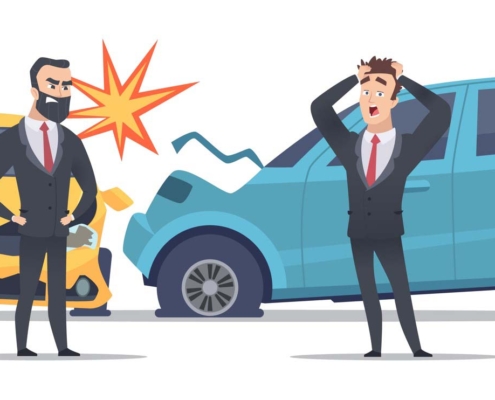It’s difficult knowing how to react and respond when someone opens up to you about rape or sexual assault. Ultimately, it’s devastating that a friend or family member went through something terrible. However, disclosing information about sexual assault is more demanding on the survivor than you, so you must put your feelings and judgments aside and support them.
The easiest and most impactful thing you can do to help a survivor of sexual assault is to listen and not press them to disclose any details they don’t feel comfortable sharing. You can also help point them toward resources to help them recover and seek professional advice.
The RAINN National Sexual Assault Hotline’s staff have compiled a list of helpful phrases to use when discussing sexual assault with a survivor:
- “I believe you,” and “I know how much courage it took for you to open up to me.” Sexual assault survivors often feel a lot of shame and constantly worry that people will pin the blame on them for the sexual assault. The best thing you can do is tell them you believe them and acknowledge how difficult it is for them to have this conversation with you in the first place.
- “It’s not your fault,” and “Nothing you did means you deserve this.” Especially when survivors know the perpetrator, they can often blame themselves for the sexual assault. Society, in general, can be geared towards blaming the victims of sexual assault rather than the perpetrators, which makes it hard for survivors to tell their stories. Reminding the survivor that it was not their fault and that they are blameless is extremely helpful.
- “You are not alone” and “I am here for you in any way you need.” Let them know they have a friend who is there for them and will listen to whatever they need to get off their chest. Ultimately, you are not a professional, so it might be worth letting them know that you will listen to them as much as they want and need, but it could also be beneficial to speak to someone so they can work through their pain and begin to heal.
- “I’m sorry this happened.” This experience will substantially affect your friend’s life, so it is essential to acknowledge that and know that while they deal with the aftereffects, they might not be the same person. Acknowledge their pain with phrases like “This must be difficult for you to talk about” and “Thank you for sharing this with me” will help the survivor to know that you empathize with them.
How to help rape victims recover
Recovery isn’t a smooth road; seeing someone you love struggling to recover from the experience can be difficult. However, it is essential to continue to support them no matter how long their recovery takes. Avoid judging them for taking too long or making them feel like they should be better or that they’re being dramatic.
Check-in from time to time
Even years after the sexual assault, the survivor can still suffer from mental and emotional effects. Check-in with your friends occasionally to ensure they are okay and remind them you are there for them.
How to exit a situation where someone is pressuring you.
Not all sexual assault happens by physical force. Sometimes, offenders pressure people into sexual contact through threats, guilt, or intimidation. If you are ever in a situation where you are feeling pressured, here are some tips that may help you.
Remember that you are not to blame.
The person pressuring you is the one to blame in this situation, and nothing about your behavior, how you dress, how much you have had to drink, or who you are is asking for this.
Trust your instincts.
If you feel uncomfortable, listen to your gut and look for a way out of a situation before it can turn sour. If someone asks you to go outside or to another room with them and you feel uncomfortable, make an excuse or try to get someone else to come with you.
Have a code word with friends and family.
Have a phrase you can say or text your friends or family to get them to come over and distract the offender or make an excuse for you to walk away with them. A code word or phrase is a great way to enlist the help of others without alerting the offender.
You can lie to create an excuse to leave.
This could be something as simple as needing to use the bathroom, saying you spotted a friend you need to talk to, or simply making a phone call. Whatever you need to say or do to safely excuse yourself from the situation.
Think of an escape if you need it.
What is a way you can make a quick exit? Could you use the window or door? Are there people around who would help you if you needed it? How would you get their attention so that they support you? When you leave, where will you go?




























